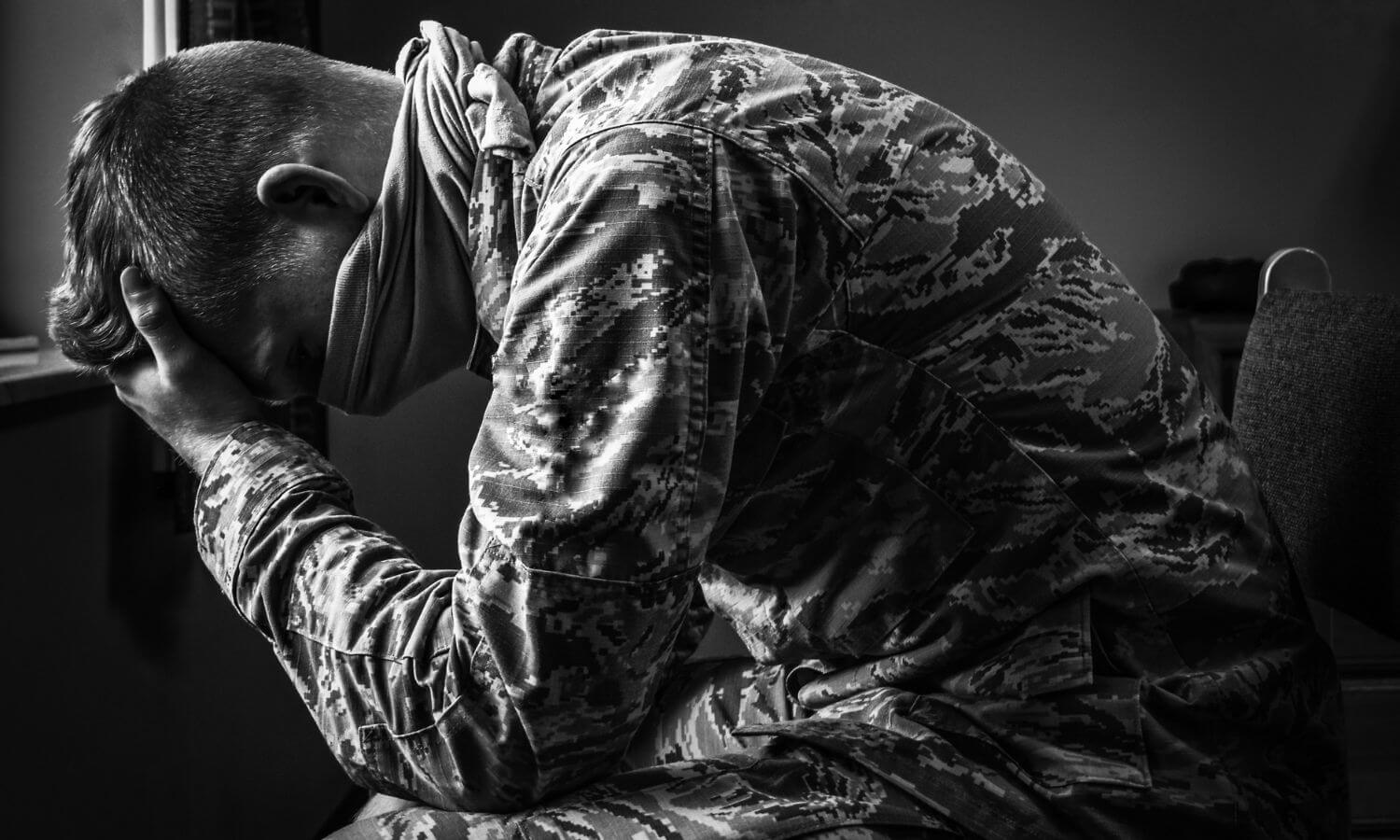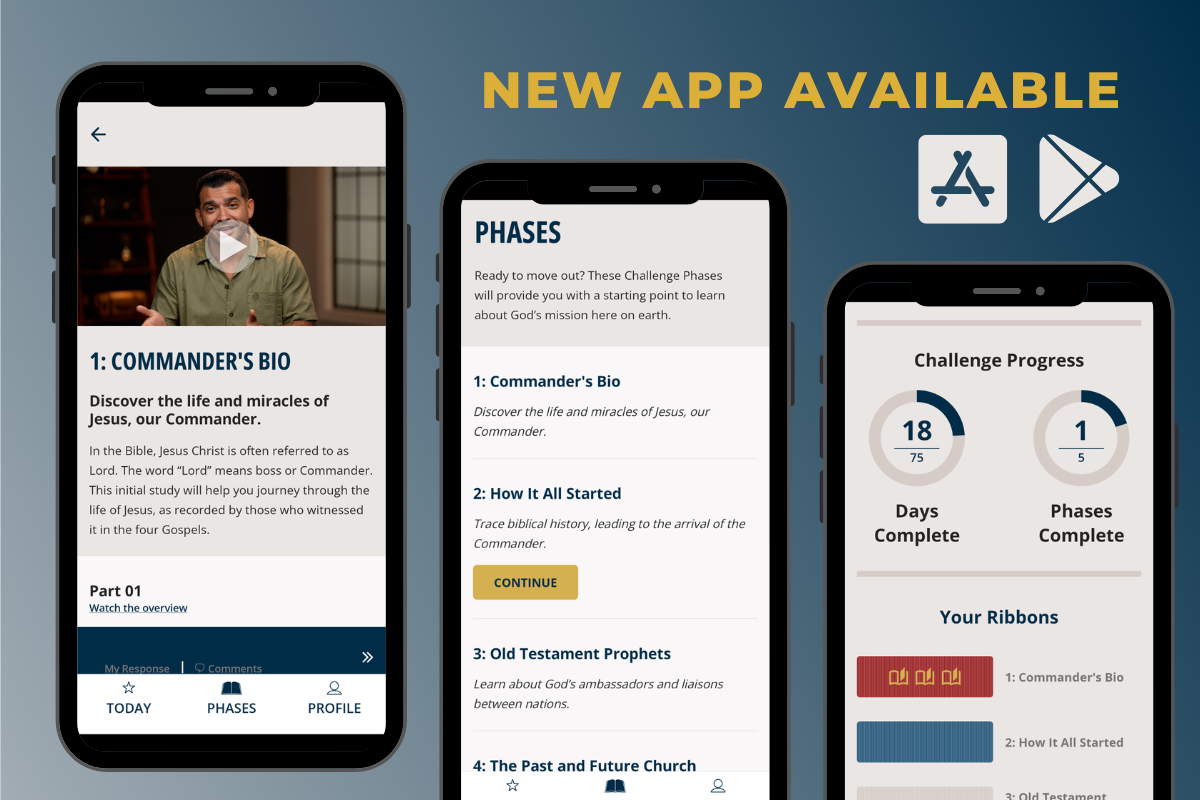Have you ever experienced something that fundamentally changed who you are as a person? A moment where you can look back and see that you’re not the same person you were before? While not always the case, often these moments are intensely painful and can have a significant impact on our lives.
So how do you move forward? Is it possible to heal? How does God fit into these stories? In this article, we’ll talk about soul wounds (heart wounds)—a type of trauma caused by deep suffering and pain. We’ll review its symptoms so you know what to look for. And you’ll learn how being heard leads to relief from the pain.
Over time, if soul wounds are ignored, they can cause permanent damage.
If you find you have experienced a soul wound and are perhaps still experiencing the symptoms, we at ASM are here to walk alongside you—and we believe we are more than conquerors.
This is the second post in our series covering the topics from our Never Alone: Trauma Healing Program. To learn more about this topic, check out Module 2: Being Heard.
Soul Wounds: Trauma Caused by Deep Suffering and Pain
In many ways, a soul wound actually imitates a physical wound. It’s true that a soul wound may not be physically visible, but it is still painful and must be treated with care.. If a soul wound is ignored, much like a physical wound, it’s probably going to get worse. And healing takes time, and may still leave a scar in both cases too.
There are many types of events that can lead to soul wounds. Some examples include threats to your life, a serious injury, sexual assault, accident, or abuse.
Soul wounds don’t have to be experienced firsthand, but can still have a similar effect. When we hear the details of someone else’s trauma, especially that of a close family member or friend, we too can be traumatized by the event. This is called secondary trauma.
How do you know if you’re experiencing a soul wound? How can you identify it in someone else? Let’s look at the symptoms of a soul wound.
Symptoms of a Soul Wound: 3 Main Signs to Watch For
Just like physical wounds, soul wounds have symptoms. Although they are harder to see, there are three main symptoms to look for:
- Reliving the Experience: Thinking about the event of the time and recounting it to others over and over again.
- Avoiding Reminders of the Trauma: Forgetting parts of or the entirety of the event. Avoiding feelings by turning to distractions/addictions.
- Being On Alert All the Time: Always feeling tense, jumpy, or frightened. Anticipating that bad things are going to occur. Reacting in anger or violence.

Some soul wounds may be more serious than others. Here are a few examples of what causes serious soul wounds:
- Something that forces us to act against our own beliefs (moral injury)
- Something very personal, like the death of a family member
- Something that goes on for a long time or many times over a period of time
- Something that people have done intentionally to cause us pain
In the list above, we mentioned moral injury. Moral injury is a type of soul wound that occurs when we act against what we know to be good and right, especially when it hurts others. The effects of moral injuries don’t always come to light until much later after the event has occurred, with emotional pain caused by deep guilt and shame of the act.
So, keeping the above three symptoms in mind, where does the Bible show us examples of how Godly men deal with this? Consider the following:
- David fled from King Saul and sought refuge in the city of Nob. Upon hearing this, Saul annihilated the priests, men, women, and children in the city. David in deep distress over the matter took responsibility for the massacre. (1 Samuel 22:20-22
- Peter, after telling Jesus he would follow Him, even unto death, denied knowing Him three times. Realizing his betrayal of Jesus, he wept bitterly. (Matthew 26:74-75)
- Before his conversion to Christianity, Paul (then Saul) hunted down and executed Christians—by his own admission. (Acts 26:9-11)
All three men suffered serious soul wounds, yet God used each of their circumstances for good. Read the conclusions of their stories in Part Two of Module 2.
Healing by Being Heard: Talking With Someone Who Listens Well
Even in the midst of pain and suffering, God will use and purpose you for His work in this world. But, how can you heal from your soul wounds when that pain feels so close and so deep?
Consider starting your healing journey by talking to someone else. When we talk about our feelings and our hurt with others, it helps us:
- Gain an honest understanding of what happened and how it has affected us
- Express our feelings about what happened and accept what happened
- Feel heard and know we are not alone
- Trust that God also wants to hear about our pain
Perhaps you know someone who is experiencing the hurt of a soul wound. You can help by being a good listener by:
- Creating a Safe Space: Finding a place where the speaker can be heard without interruption. Listening without criticism.
- Keep the Conversation Confidential: Keep the conversation between you and the listener, which builds trust.\
- Ask Good Questions: Ask, “What happened?”, “How did you feel?”, and “What was the hardest part for you?”
- Show That You Are Listening: Don’t appear distracted or impatient as they are sharing.
- Recognize When They Are Distressed: Know when to take a break or talk about something else. Offer to pray with them but honor their request if they are not ready.
Click on the video link below to learn more about the characteristics of a good listener:
Sometimes, listening simply isn’t enough. Below are some signs that someone may need more help beyond spending time with a good listener:
- Their behaviors put life and health at risk
- They are unable to complete daily activities or care for basic needs
- They frequently cannot manage their emotions
- They think things are happening that are not real, such as hearing voices or imagining that they are being followed
Even when the needs go beyond the help of a good listener, you can still help. Offer to connect the person with professional help, such as a Chaplain, pastor, counselor, psychologist, or psychiatrist.
Need more resources? Consider these:
- Veterans Crisis Line:
- Call 988 and press 1 or send a text to 838255
- Visit: veteranscrisisline.net
- Armed Forces Members currently serving and their families
- Call 1-800-273-8255 or
- Visit: militaryonesource.mil/confidential-help/non-medical-counseling/military-onesource/military-counseling-for-stress
- Contact SAMHSA (Substance Abuse and Mental Health Services Administration) at 1-800-662-HELP (4357)
- Additional Referrals from ASM
What’s Next in the Journey Towards True Soul Wound Healing?
We at ASM hope and pray that this article has given you the opportunity to identify your own soul wounds, recognize them in others, and learn how the skills to speak and listen allow us to grieve. If you or someone you know would benefit from digging deeper in this topic, check out our online study on our website or the YouVersion plan.










